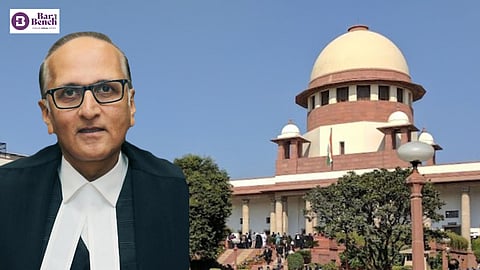
- News
- Columns
- Interviews
- Law Firms
- Apprentice Lawyer
- Legal Jobs
- हिंदी
- ಕನ್ನಡ

The retirement age of judges of the Supreme Court and the High Courts should not be extended beyond the current age limit of 65 years, Supreme Court judge Justice S Ravindra Bhat opined on Friday.